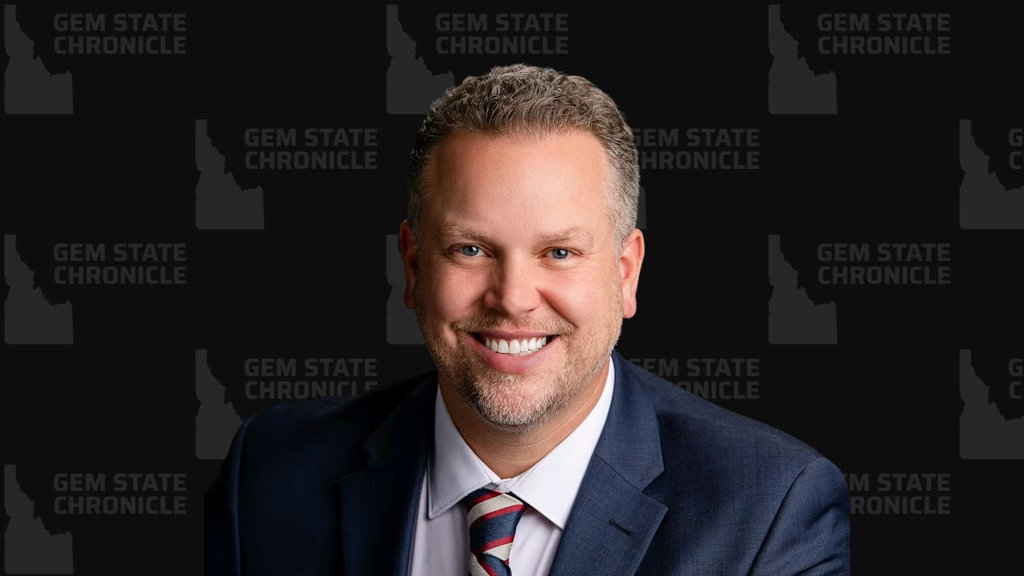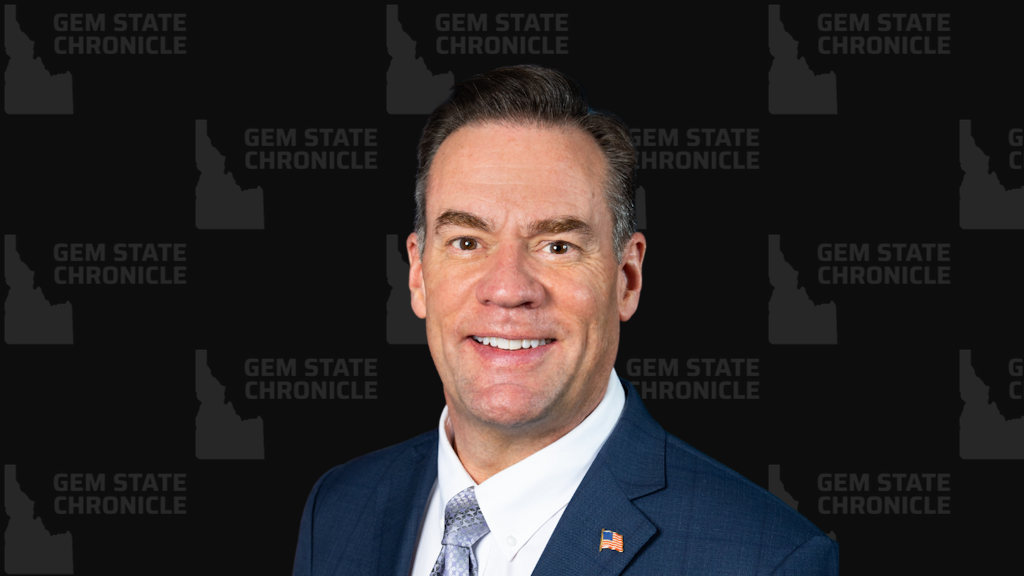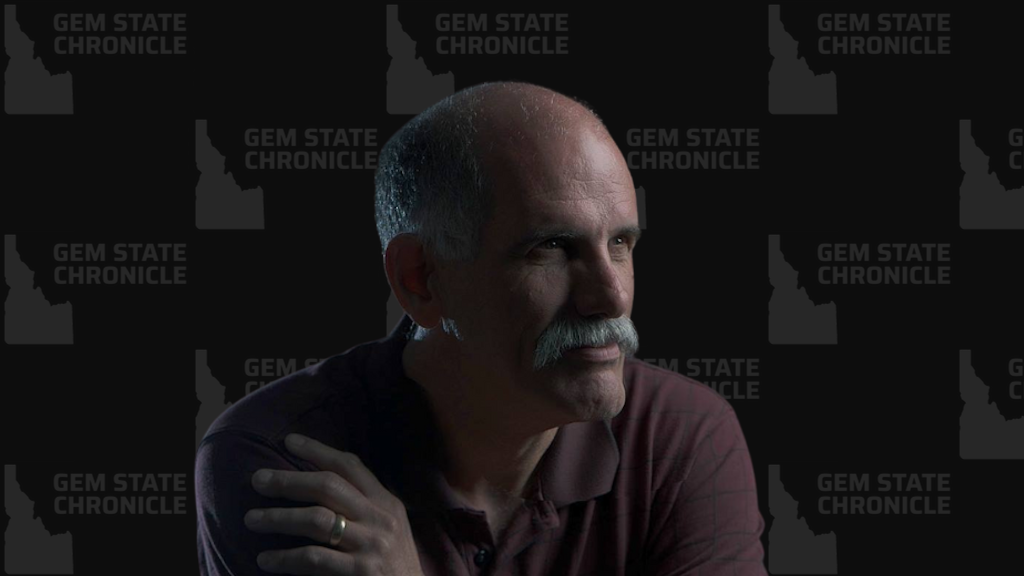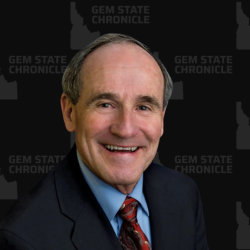By Steven Thayn
America, the greatest nation the world has ever seen, is losing its way; government is expanding, crushing our quality of life; and we, as a people, are losing our freedoms, ironically, because modern American is so obsessed with rights and individual freedom that we have forgotten that real freedom is based upon individual responsibility which the founders called ‘civic virtue”.
The enemies of limited government who see an omnipotent government as the only viable tool to perfect society focus exclusively upon individual rights and are silent about individual responsibilities. Because a ‘rights’ focus grows government while a responsibility focus empowers the people. Their view of freedom is ‘freedom from the consequences of choice’. However, true freedom is the ability to act and is only possible when there is a balance between rights and responsibilities.
Justice Dallin H. Oaks explained the power of rights in a speech he gave at the Carl Vinson Memorial Lecture delivered on April 26, 1984:
In the vocabulary of the law, a right signifies a claim enforceable by law. This kind of right cannot exist without law. In this sense, a person with a right can always compel action or inaction by someone. Lawyers thrive on rights. The enforcement of rights provides employment for the legal profession. In relation to rights, a lawyer functions as a popular champion – as a gladiator or enforcer. No wonder lawyers like rights.
He then went on to describe responsibilities:
Responsibility connotes duty or obligation… Responsibilities are necessities we respect, but we rarely stand up and cheer for them. In contrast to rights, which can be enforced, responsibilities can only be encouraged… with the definition of new rights, we have tended to ignore old responsibilities.
I would like to add to Justice Oaks’ thoughts. What we have seen in the last several generations in America is a gradual shift of numerous actions from individual responsibilities to the individual rights column. This fundamental shift of responsibilities to rights has serious political, economic, and social implications.
Moving something from a responsibility to a right, such as health care gives the government power to create a new program funded through taxation. In effect, making health care a right, eating a right, or housing a right allows the government to use its legal powers to enforce this ‘new’ right.
Unalienable responsibilities
The Founders spoke of the “unalienable rights” of religion, speech, assembly, trial by jury, to bear arms plus many others. However, they did not say people had a right to an education nor a right to eat nor a right to medical care. The Founders understood these issues as personal, family, and private responsibilities. Necessities that society needed to provide through personal work and private sector economic actions along with church and private charities to care for the vulnerable; but in which, the federal government had no role.
Oh, how I wish the Founders had made a list of unalienable responsibilities, a clearly demarcated line in which government actions are prohibited. This would have precluded the federal government from creating the New Deal, LBJs Great Society programs, or the Affordable Care Act. These programs are expensive, harm individuals, drive up the cost of medical care, and create severe mental, emotional, and legal problems. Misplaced responsibility is the reason America is losing its way.
That being the case, I am not suggesting the immediate termination of all federal poverty, medical, or education programs. Immediate cessation would cause massive suffering. However, understanding the root cause of our problems allows us to chart a different course of action — a course where we create legal structures that allows the people to reclaim their unalienable responsibilities. The place to start this process is to allow parents to choose the curriculum for their own children in public school. Several school districts in 11 states are piloting a program that does just this where parents
- Choose the curriculum
- Teach their children in their home or in a micro school in collaboration with a certified teacher
- And receive an $1,800 ESA (Education Savings Account) at no added costs.
A bill will be introduced in the 2025 Idaho legislative session to protect and expand this option. This is the first step in recognizing the concept of unalienable rights and beginning the process to let willing parents reclaim their inalienable responsibility to oversee the curriculum for their own children.
Steven Thayn lives in Emmett, Idaho where he raised 8 children with his wife Sherry of 47 years. He served in the legislature for 16 years, 10 of which were in the Senate. He was a champion for parental rights and choices in public schools. He is a strong advocate for rediscovering the power of Natural Law which states that there are eternal laws that do not change. Legislators should try to make civil law conform with these eternal laws.
About Steven Thayn
Steven Thayn is a father, grandfather, former Idaho state legislator, and former chairman of the District 14 Republicans. Thayn is the author of numerous books on education, poverty, healthcare, and natural law.













